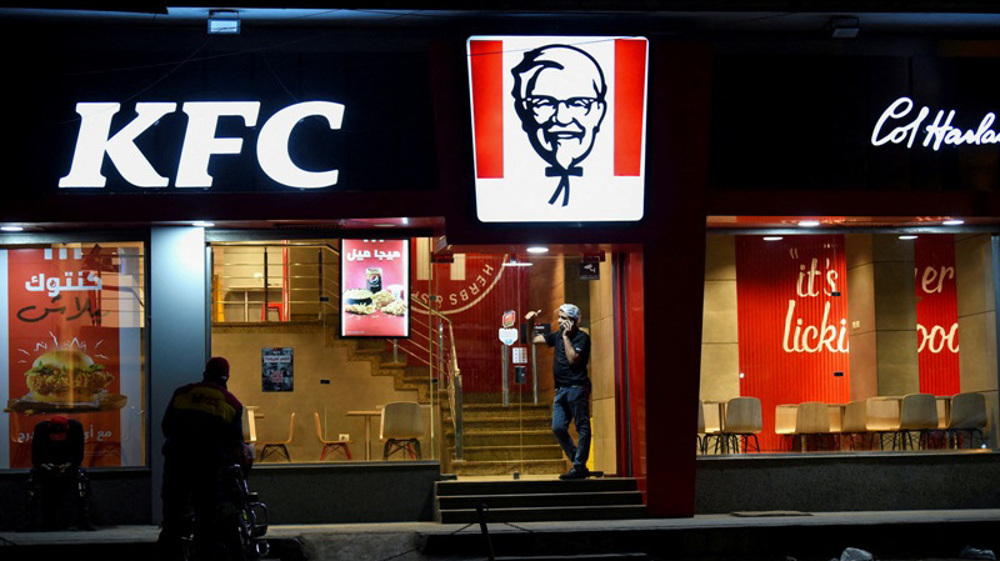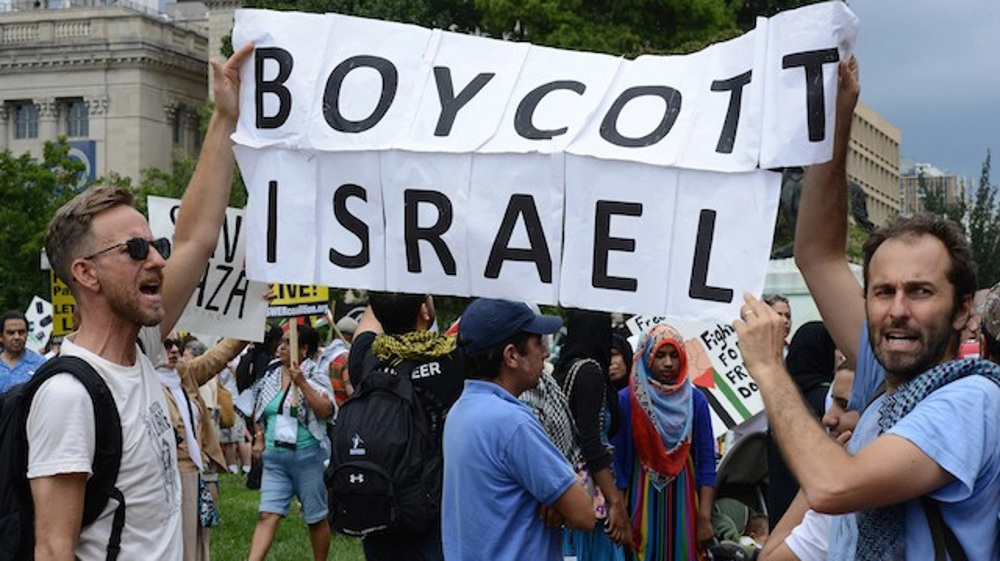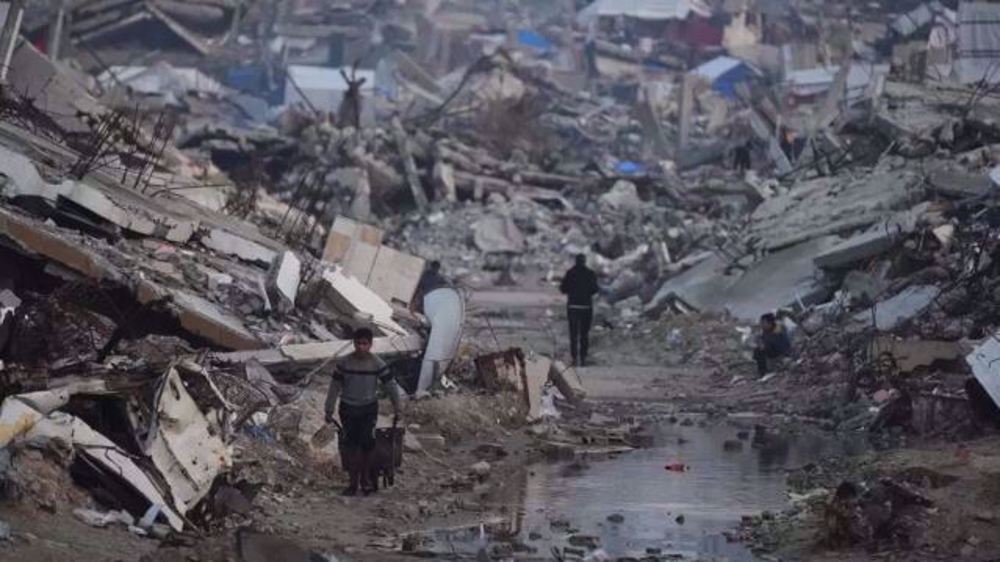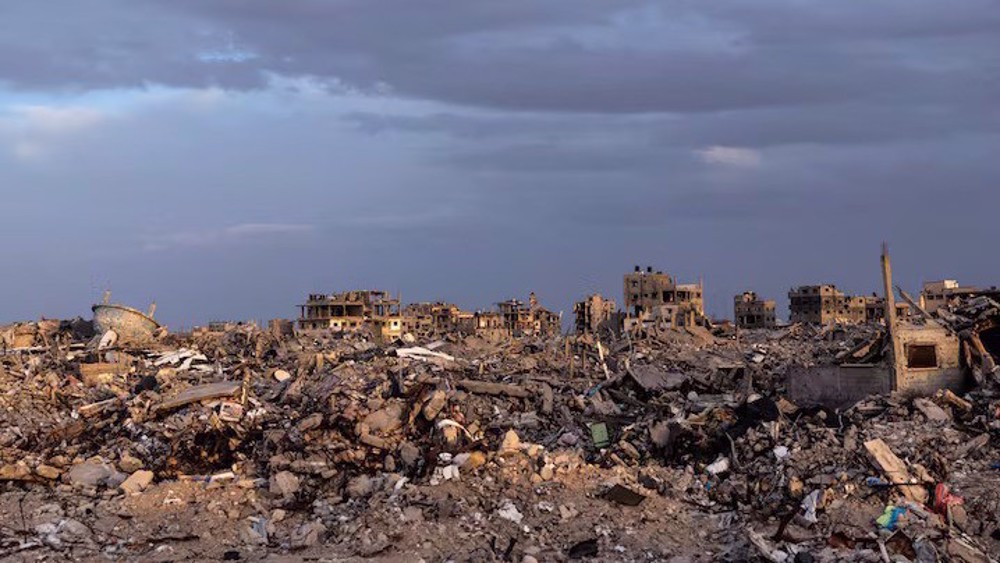Western brands hit hard by boycott campaign against Israeli goods
A boycott campaign against Israeli products over the occupying regime’s war on the Gaza Strip has severely affected Western fast-food giants in several Arab countries, with the move having the potential to spread to other countries across the globe.
Weeks after Israel waged a brutal war on the besieged Gaza Strip, a boycott campaign against Israeli goods started to gain momentum in Egypt, Jordan and Turkey, significantly hitting Western fast-food giants like McDonald’s, Starbucks, and KFC.
The impacted companies are either perceived to have taken pro-Israeli stances in the war or are alleged to have financial ties to Israel or investments there.
According to the Gaza-based health ministry, at least 14,532 Palestinians, including 6,000 children and 3,920 women, have been killed and more than 35,000 others injured by Israeli strikes since October 7, when the Israeli regime launched a full-scale war on the densely-populated enclave.
“I feel that even if I know this will not have a massive impact on the war, then this is the least we can do as citizens of different nations so we don’t feel like our hands are covered in blood,” said 31-year-old Cairo resident Reham Hamed, who is boycotting US fast food chains and some cleaning products.
As the global pressure is mounting on Tel Aviv over its atrocities in the Palestinian sliver, there are signs that the boycott campaign is also spreading in some other Arab countries, including Kuwait and Morocco.
The boycott calls of the protest campaign have already circulated on social media and expanded to include dozens of companies and products, urging shoppers to shift to local alternatives.
In Jordan, citizens who support the protest campaign sometimes enter McDonald’s and Starbucks branches in the country to encourage a few customers to take their business elsewhere.
“No one is buying these products,” said Ahmad Al-Zaro, a cashier at a large supermarket in the capital Amman where customers were choosing local brands instead.
The current boycott campaign could be considered the latest part of the pro-Palestine Boycott, Divestment and Sanctions (BDS) movement against the Israeli regime.
The BDS movement, which is modeled after the anti-apartheid movement in South Africa, was initiated in 2005 by over 170 Palestinian organizations that were pushing for “various forms of boycott against Israel until it meets its obligations under international law.”
Thousands of volunteers worldwide have since joined the BDS movement, which calls for people and groups across the world to cut economic, cultural, and academic ties to Tel Aviv to help promote the Palestinian cause.
The movement has been so successful in causing economic damage to the Tel Aviv regime that pro-Israel groups have labeled it “an existential threat.”
Iran's Armed Forces warn EU of ‘consequences’ of IRGC designation
Iran FM: EU’s blacklisting of IRGC a ‘major strategic mistake’
EU blacklists IRGC in legally flawed move irrespective of consequences
VIDEO | Press TV's news headlines
VIDEO | Afghanistan opens first specialized cancer hospital
Trump officials held secret talks with Canadian separatist group: Report
VIDEO | Pakistan’s legal community condemns UNHRC anti-Iran resolution
Resistance groups announce volunteer recruitment to defend Iran











 This makes it easy to access the Press TV website
This makes it easy to access the Press TV website